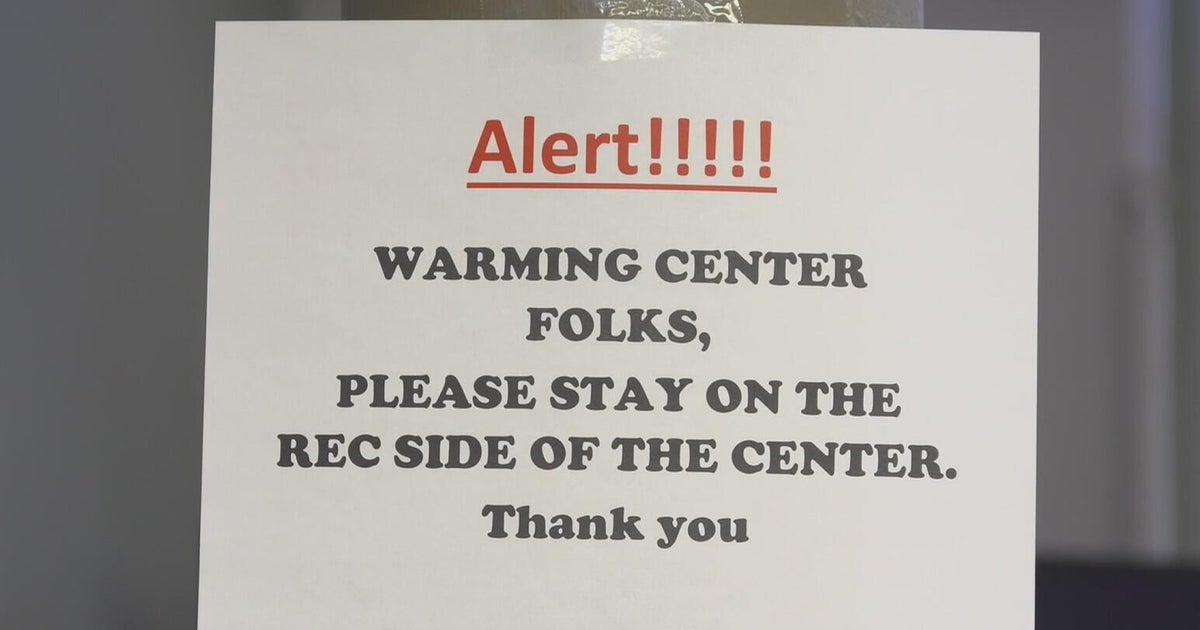People Allergic To Bees Warned To Be On Guard After Hot, Dry Summer
PITTSBURGH (KDKA) -- Summer is winding down and we're headed into fall. But did you know this time of year is when bees are most active and aggressive? And that can be bad news for people who are allergic.
The sting of late summer.
"The bees tend to come out in the late summer, early fall," says Dr. Deborah Gentile, an allergist at Allegheny General Hospital.
And more bees because of a mild winter and hot, dry summer.
"In Grove City, I actually saw a ton of nests everywhere," says a tourist visiting from Toronto, whose whole family is allergic to bee stings. "When I was shopping, there was like one on every nail that was sticking out."
And stinging insects can be more active and aggressive this time of year.
"Any time you hear the buzz of a bee, you either have to duck or run or do something," says a man walking in Point State Park who hadn't been stung since he was a child in Africa.
People allergic to bee stings should be on guard.
"You have to have one sting to become allergic," says Dr. Gentile, "you have to have prior exposure, but it's often not until the second sting you develop the reaction."
The reaction can be life threatening - hives, swelling, nausea, vomiting, rapid heart rate, wheezing and low blood pressure. Something called anaphylactic shock.
In the United States, about 50 people die each year from anaphylactic shock after a sting. Half these deaths are people with no known history of allergy.
If this happens to you, stay calm.
"Really the key is to get emergency treatment as fast as you can. Call 911, get to the ER immediately," advises Dr. Gentile. "Overall, the risk of anaphylaxis to bee venom is low."
Of course, to avoid this in the first place, don't make yourself attractive to bees.
"Never smell or dress like a flower. Basically you don't to wear bright colored clothes outside, you don't want to wear perfume," says Dr. Gentile.
For people who want to cure their bee sting allergy, shots will work in nine out of 10 people. The down side, it involves monthly injections for up to five years. Most people prefer to carry a pre-filled syringe of epinephrine in case of emergency.
Sometimes people will have a lot of swelling just in the area of the sting. This is not the same as an allergy, and does not indicate a higher risk of anaphylactic shock with bee stings later on.
RELATED LINKS:
More Health News
More Featured Stories







